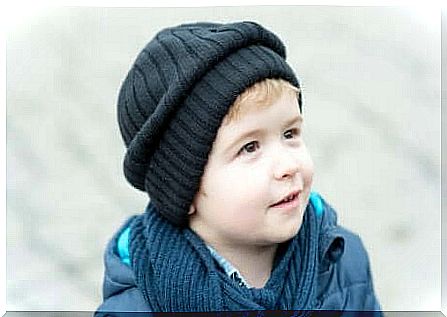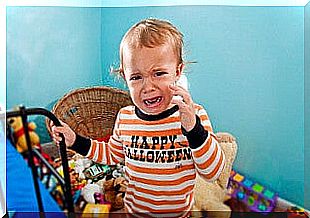Norse Names For Boys

When looking for the ideal name for your child, many parents certainly put a huge number of options on the table. It is clear that, with respect to this choice, tastes are unlimited. Within the Portuguese-speaking community, names of Nordic origin are not very common, but thanks to globalization there is an increasing tendency towards these options.
To clarify this issue, when we speak of Nordic names, we are referring to those from the language spoken in Norway, Sweden, Denmark, Iceland and Finland.
From this beautiful region of northern Europe, the beautiful names linked to the mythology of Norse and Viking gods and heroes have been known for a long time. So, if you want to have a complete list of names to expand your options, don’t miss out on all the information we’ll present to you below.
Why choose between these options?
Many of the Nordic names that have become popular around the world, or are used very often in this region, are linked to real or fictional characters who embodied such cherished values, for example, honor, wisdom, intelligence or the sublime , in the case of those who allude to the deities.
It is important to note that, in the case of the Vikings, they designated the names of newborns considering the name of the last relative who had died in the family. In this way, with this detail, they “made sure” that the deceased’s virtues were incarnated in the child.
Finally, another important fact to understand the phonology, meaning and origin of Nordic names for children is that the languages spoken in the region have an analogous root with the Indo-European and Germanic languages. All share cultural traits that also serve to identify these regions.
Finally, without further ado, we present to you our selection.
Norse Names for Boys
Aila: It’s a name that is linked to the Scandinavian tradition. It is translated as “holy”, “blessed” and “sanctified”.
Alf: Its origin is Norse and means “Elf”. In North America, this name became popular thanks to the television series of the nineties.
Axel: This name has become popular in Nordic countries and, in addition, also in English and German. Its etymology is linked to weapons of war.

Balder: The son of the god Odin had that name. He was known in mythology as the magnificent. Thus, among the virtues that he embodied, beauty, eloquence and perfect light stand out.
Bard: It’s a compound name that emulates a dichotomous pair and means “war and peace”.
Ebbe: It’s very much associated with masculinity and means “boar warrior”.
Einar: It means “the guiding warrior”. Furthermore, it can be found recorded in several ancient texts from the battles of Valhalla.
Eivor: Norse male name referring to the gifts of wisdom.
Eskol: It’s based on a mythical character who chased the moon to devour it.
Hallr: It means “rock,” which in that way automatically links it to strength and stability.
Harald: It’s translated as “prince of the army”. It is therefore linked to courage and honor.
Holger: This name was popularized by being used by members of the nobility and aristocracy in Denmark. It has a root of the words “island” and “spear”.
Inge: Its origin is specifically Viking and was used to describe God.
Leifr: It can also be found as Leif. It means “the heir descendant”. So it was very often given to the eldest son.
Odin: It is possibly one of the most recognizable names in Norse culture. Odin is the name of the main god in Norse mythology and embodies virtues such as wisdom, absolute power and goodness, for example.

Olaf: It was also popularized by literary stories and because it was frequently used in the ruling dynasties. Its meaning is said to be “inheritance from the ancestors”.
Oleg: It’s a name that means health or healthy. Furthermore, it is considered to be the counterpart of the female name Helga.
Torhild: It is linked to the most ancient origins of the Norse language. Its root is the word “thor”, which means “throne”.
Finally, if you decide to give your child a Nordic name, you need to know that you will be using a name associated with ancestral cultural traditions that, to this day, are deeply remembered and valued in Scandinavian societies. What’s your favorite of these Nordic origin names we’ve discussed here?









